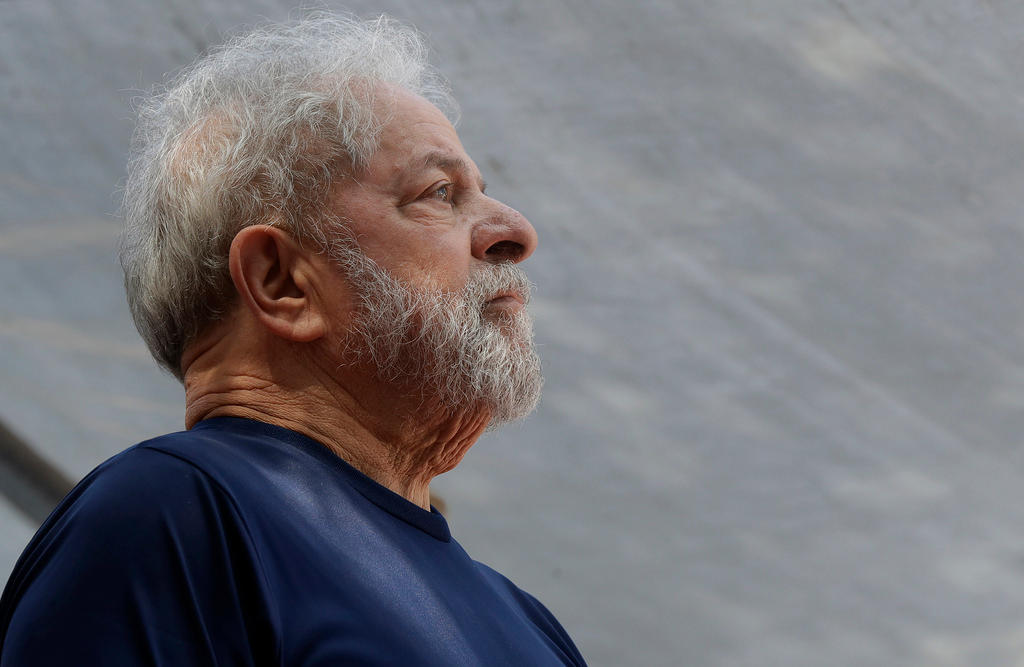
UN committee: Lula should have political rights

The United Nations Human Rights Committee has insisted that its recent calls for Brazil’s former president, Luiz Inacio Lula da Silva, to be able to again run as a presidential candidate are “legally binding”. The Brazilian government had dismissed them as mere recommendations.
“The measures issued by the Committee are not recommendations. They are legally binding and impose an international legal obligation on Brazil to comply,” Sarah ClevelandExternal link, author of the committee’s final text, told swissinfo.ch on Wednesday.
The Geneva-based panel of independent experts last week requested that the Brazilian government allow the imprisoned former president, known as Lula, to exercise his political rights as a presidential candidate.
Lula is the candidate for his Workers Party (PT) and leads presidential polls ahead of the October ballot, but he is widely expected to be banned from running by an electoral court. He was jailed in April on a corruption conviction.
Lula has said his conviction was the result of political persecution and that it is part of a rightwing conspiracy to keep him from regaining the presidency.
Not an enforcement body
The UN CommitteeExternal link, which oversees countries’ compliance with the International Covenant on Civil and Political RightsExternal link, said it asked Brazil’s government “not to prevent [Lula] from standing for election in the 2018 presidential elections until his appeals before the courts have been completed in fair judicial proceedings”.
The statement added that the Brazilian government should ensure “that Lula can enjoy and exercise his political rights while in prison, as candidate in the 2018 presidential elections. This includes having appropriate access to the media and members of his political party”.
Cleveland admitted that the Committee was not an “enforcement or sanctioning body” but said states “generally comply” with its interim measures.
When asked why a sovereign legal system – in this case that of Brazil – should listen to the UNHCR, she said Brazil legally committed itself to the Committee when it chose to become a party to the International Covenant on Civil and Political Rights.
“The interim measures do not address Mr. Lula da Silva’s guilt or innocence,” she said. “They are limited to preserving his rights to political participation under article 25 of the Covenant until his domestic appeals are final pursuant to fair judicial proceedings.”

In compliance with the JTI standards
More: SWI swissinfo.ch certified by the Journalism Trust Initiative





























You can find an overview of ongoing debates with our journalists here . Please join us!
If you want to start a conversation about a topic raised in this article or want to report factual errors, email us at english@swissinfo.ch.